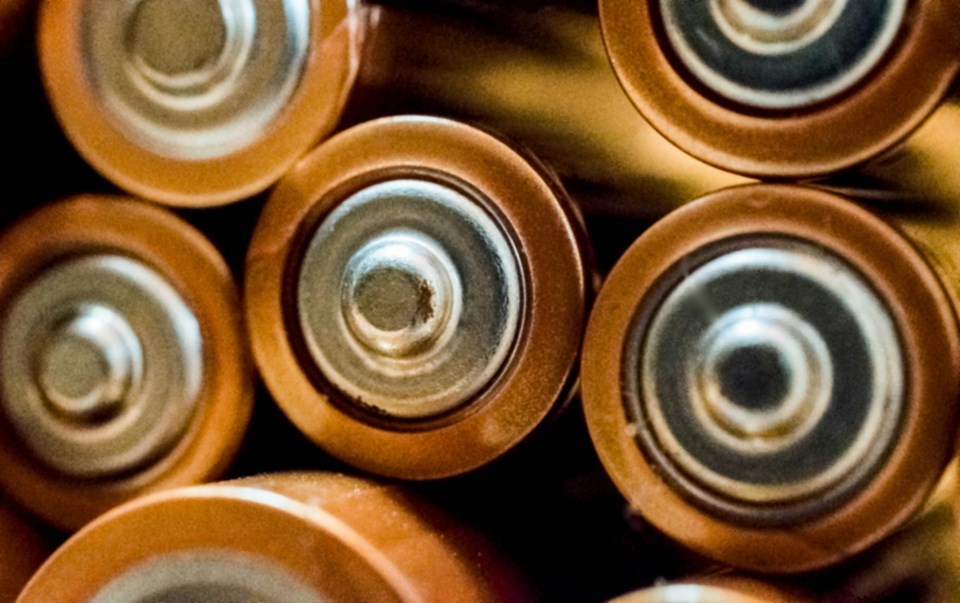SASKATCHEWAN — We all have them in our homes and positively love the assistance they provide in our day-to-day lives, lightening our atmosphere and helping us stay current.
However, residents need to know their options when it comes to battery recycling and not incur any negative results when it comes to battery safety.
Charge up a conversation with your friends and family on battery recycling and battery safety.
Single use batteries are no longer useful once depleted of energy, while rechargeable alkaline batteries can be charged potentially 50 times.
Batteries are considered hazardous waste so do not place them in household garbage.
Metals in batteries can be harmful to the environment. Improper disposal of old batteries can lead to leaking acid, fires and even small explosions. They should never be placed in garbage or residential recycling as this has the potential to impact staff safety at both landfills and recycling facilities.
Did you know collected batteries are broken up and recycled into multiple products such as silverware or even new batteries? In 2022, 102 tonnes of batteries were collected and processed in Saskatchewan, according to the Saskatchewan Environment Ministry.
Tips for reducing battery use in your home: consider rechargeable batteries versus single use; choose batteries made with less mercury and lead; and reduce the number of batteries you purchase by buying things that plug in.
The batteries in your house don’t all lose charge at the same time, so it is important to collect your used batteries in a non-metal container such as one made of plastic or glass.
Carefully, particularly for lithium and small sealed lead acid (SSLA) coin cell and 9V or higher alkaline batteries, tape the terminals as sparks can result when they come into contact with metal or other batteries.
It is highly recommended to drop off used batteries for recycling every three months to avoid corrosion.
All SARCAN depots across Saskatchewan are part of Call2Recycle’s national network of battery collection sites, helping Saskatchewan residents divert even more material from our landfills. You can also refer to the website https://recycleyourbatteries.ca/.
Did you know batteries can post safety risks by overheating or potentially starting fires? Damaged batteries can become hazardous in certain conditions.
Found in many electronic devices, lithium-ion batteries can be found in toys, power tools and personal electronics, to name a few.
It is recommended to check your batteries for signs of damage like swelling or denting, or showing other signs of wear or damage.
It is also recommended to keep batteries in a safe place, especially out of sight and reach from children. Do not leave batteries in the sun or in a hot or cold car.
Did you know the best advice for battery charging includes not charging for longer than recommended? Overcharging can cause overheating, which may result in fire. Soft surfaces like a couch or bed can also trap heat around the battery, risking a fire.
You can find a complete list of battery safety tips on the Government of Canada website https://www.canada.ca/en/health-canada/services/household-products/battery-safety.html.




